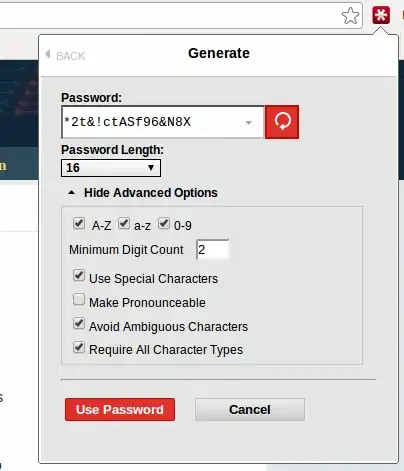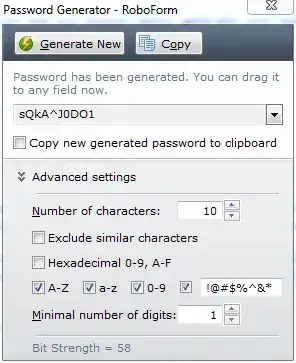With some colleagues we're having a debate regarding the randomkeygen.com website.
I do think that there is a security risk using the generated keys of this (or any of this kind) website.
Why ? Here's my thoughts:
What prevents the owner of the website from storing generated password inside a database and releasing it as a dictionary attack?
I do know that generated password combinations are not infinite, but what if with this dictionary hackers try a password they know that has been generated (so more likely to be used)
We can even think of a heatmap used for Analystics to know which kind of generated passwords are used to narrow the scope of possibly used passwords (or even a Javascript that sends the password to the database once it has been copied into the clipboard, but that is a little too obvious for my demonstration).
PS: I do not work in security so I do feel sorry if I say wrong things. I know that my theory is not a big "security breach" but if we see it only in a statistic way, there's more chance if we reduce the number of possible password.
So, could using a generated key from an online service be considered a risk?

